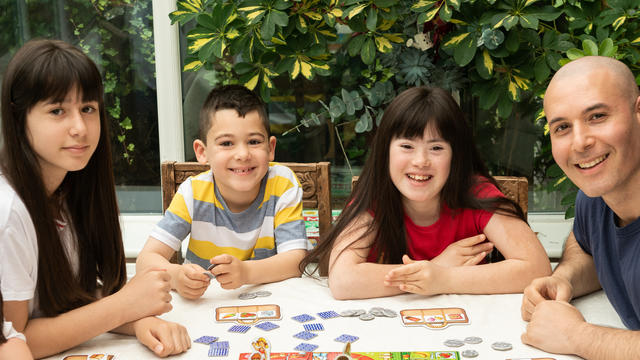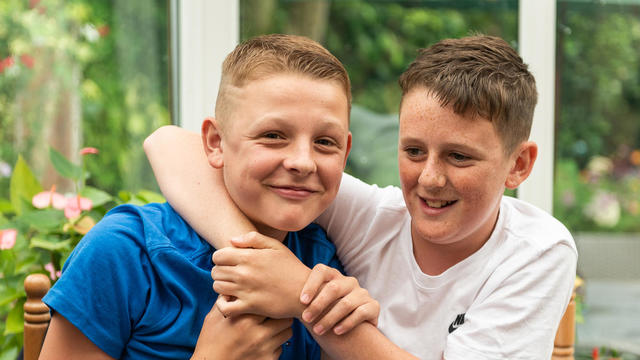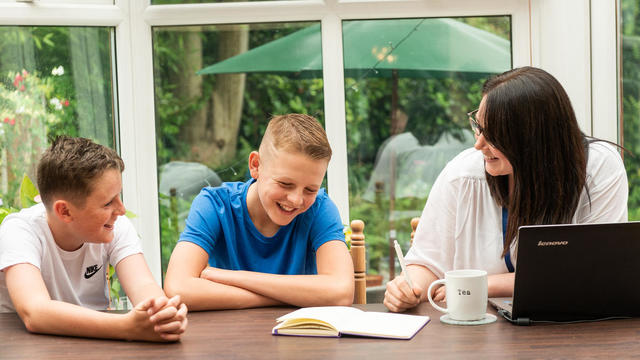White noise, pink noise, brown noise – what's the difference?
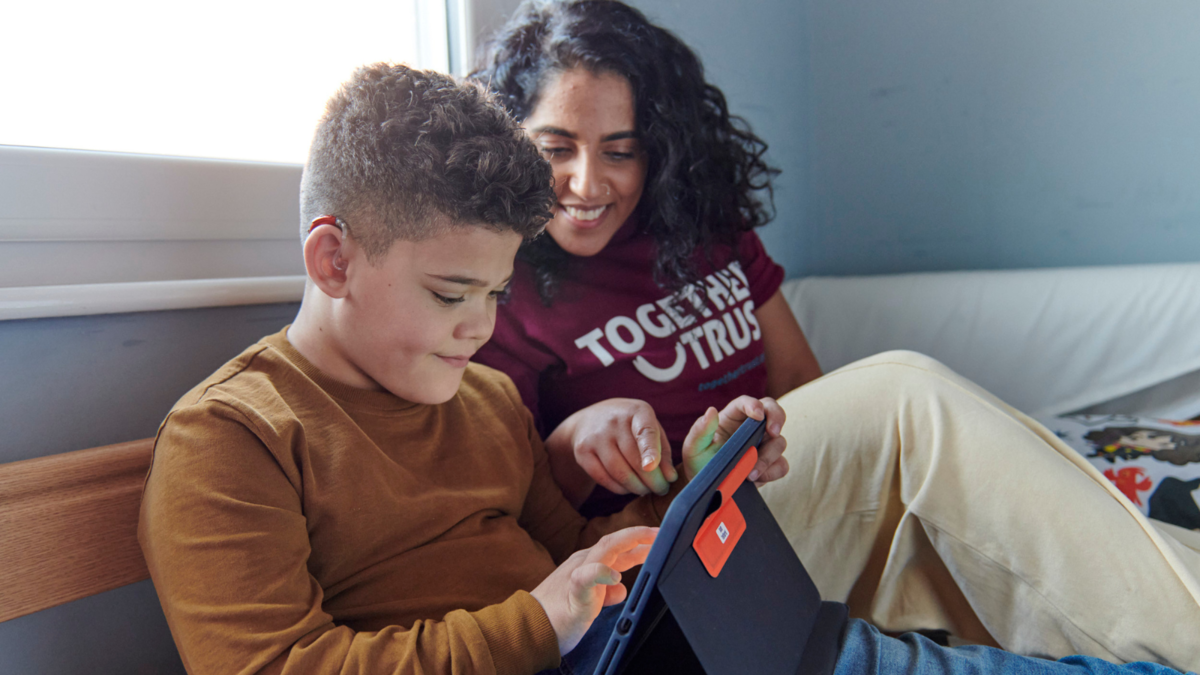
You may have heard of white noise already. Many people use it to soothe themselves to sleep or help them focus on tasks. But did you know there are multiple colours of noise out there?
According to Sleep Therapists, a good night’s sleep can make a huge difference to our daily life. Sleep can help us stay healthy, improve our mood and is super important when it comes to learning. We asked our Specialist Sleep Therapists to talk us through the differences and impacts noise can have on our sleep.
White noise
Definitely the most popular and well-known of the noises, white noise is a mixture of all the frequencies humans can hear. Because it uses a mix of noises to create a static-like sound people describe it as high-pitched, like radio or TV static, a fan, an air conditioner, or a vacuum.
You can find an example here.
Pink noise
Similar to white noise, pink noise is a broadband sound with more energy at one end of the spectrum. Generally pink noise is less harsh and lower pitched than white noise. Researchers have compared it to the sound produced by a waterfall, and it can help some achieve deep sleep.
You can find an example of pink noise here.
Brown noise
Brown noise produces a rumbling sound that’s deeper with a bass-like tone. Compared to the two previous ones, brown noise is a deeper sound like ocean waves or rainfall. Some people find this kind of noise comforting when trying to focus so it’s used to help concentration.
You can find an example here.
Blue noise
Blue noise typically increases in power as the frequency goes up and it can be described as all treble and no bass. People think it sounds slightly shriller than pink and white noise, kind of like the hissing noise you hear when a water spray is turned on. It is used to minimise distortions during sound engineering.
You can find an example here.
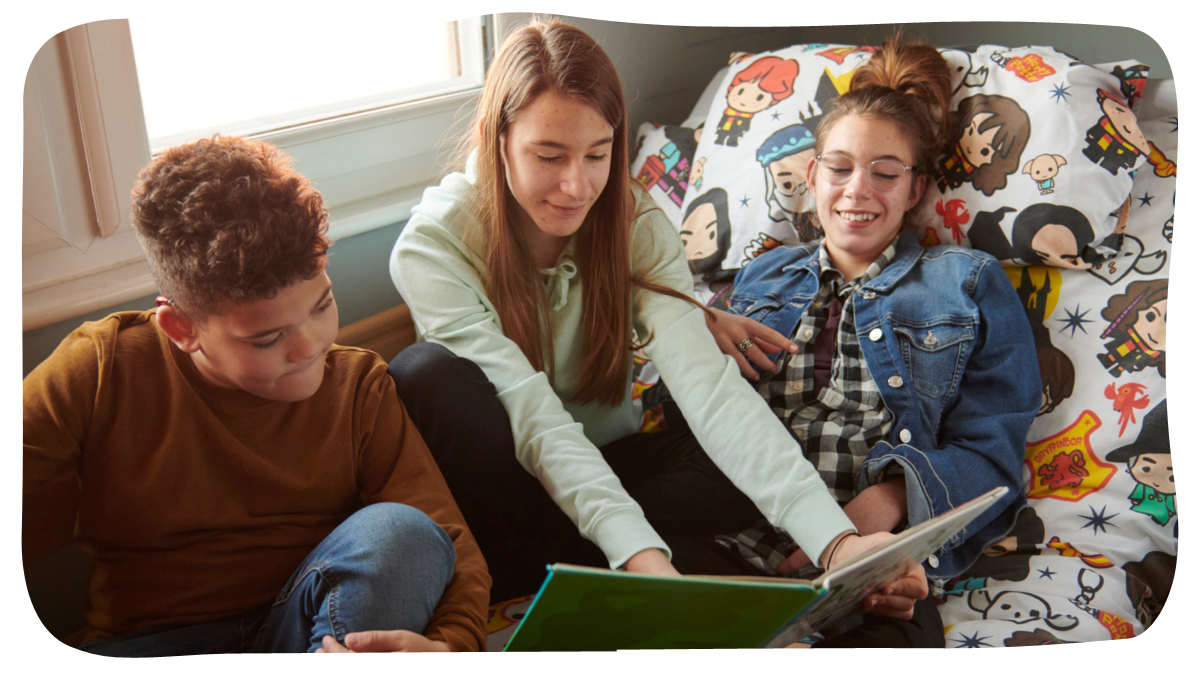
How does it work?
The grainy static sound you hear in white noise can help some people sleep because it masks the background noise of your house and helping you tune it out. Some use technologies they already have around the house like turning on a fan or dehumidifier at night.
But other people prefer more complex noise like meditations, podcasts, relaxing music or audiobooks. These can help you settle for the night as they keep your mind focused on them and not on overthinking or engaging with negative thoughts.
Audio listening apps such as Spotify and Apple Music have timer functions built in so you can program the app to turn off after 30 minutes or an hour, making sure that you don’t keep noise on all night.
Does general noise impact your sleep?
Before you resort to using a white noise machine or playing brown noise on your phone to help you sleep, you may want to analyse your sleeping environment and identify potential noise sources. Here are some top tips to get started:
- Close windows to reduce noise from outside
- Think about where your bed is. If it’s close to a wall with a boiler or shower on the other side, the noise from this can wake you up.
- You could use soft foam earplugs for sleeping that will expand and mould to your ear. These can often be found in supermarkets and pharmacies.
- If you feel safe to do so, it’s best to sleep with your bedroom door closed.
Does white noise or pink noise help sleep issues?
Every person is unique and so are their sleep concerns. Studies show that there are many varied factors affecting the quality of our sleep, and noise is just one of many.
While using white noise or pink noise may help some people sleep better, it can irritate others. The best thing you can do is try different techniques for yourself and see if they are suitable for your situation.
If you need more professional advice and support for your child, you can get in touch with our therapists.
Together Trust Sleep Services
The Together Trust can offer one-to-one sleep clinics and online advice for local parents and carers in Trafford and Rochdale. Our sleep practitioners work with you to create a personalised sleep plan for your child so everyone can get a good night’s sleep.
If you need more advice you can watch our Sleep Basics webinar funded by HMR NHS, download some of our sleep advice sheets, or come to one of our Therapy Coffee Mornings.

